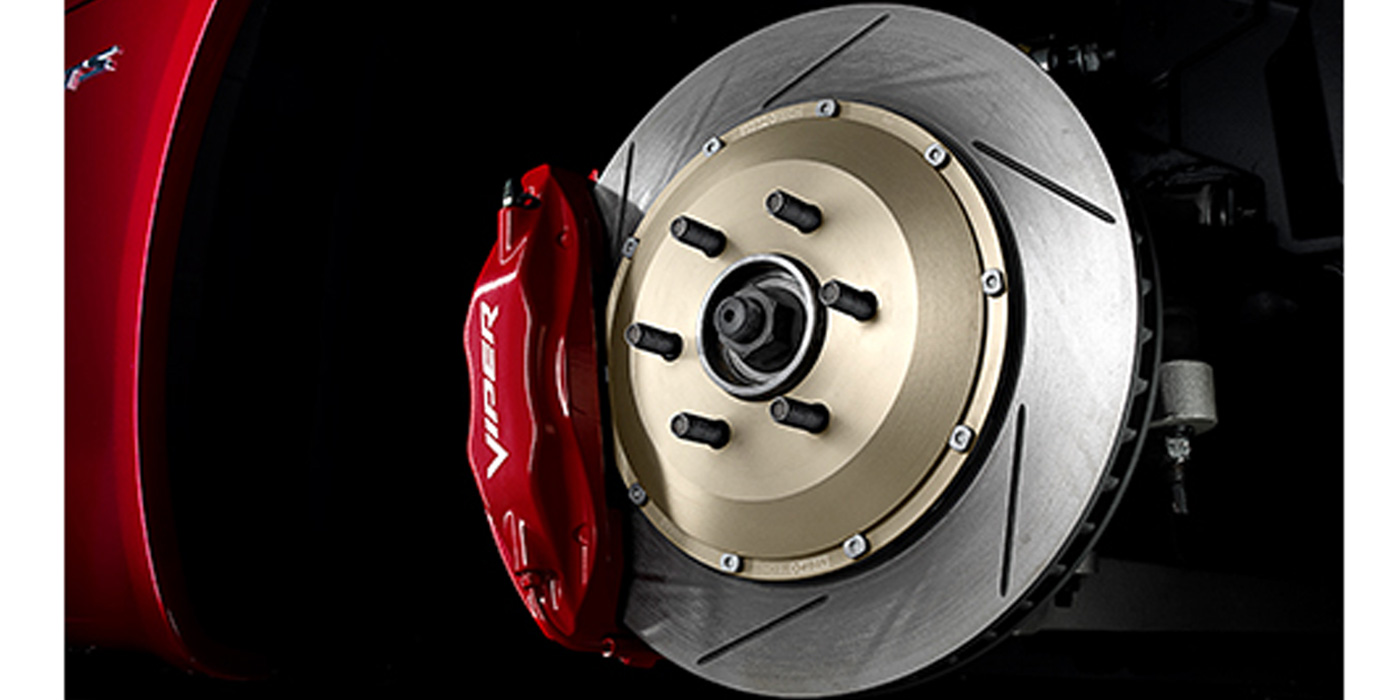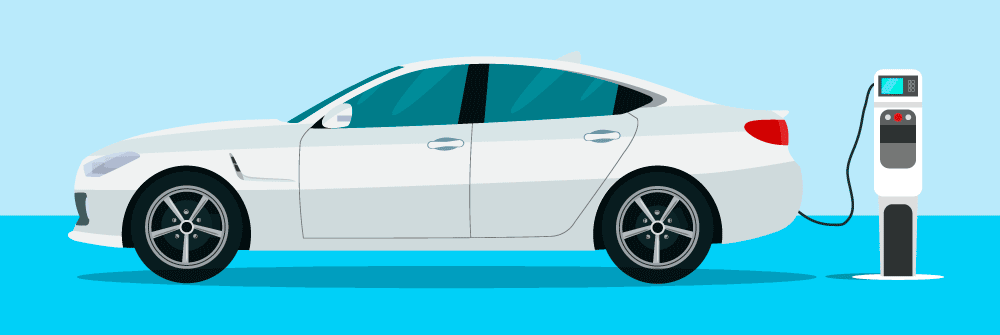Brake Calipers delves into the critical role of brake calipers in modern vehicle braking systems. They are responsible for applying the necessary force to slow down or stop a vehicle’s wheels when the driver engages the brakes. Understanding the brake calipers is crucial for comprehending the complex dynamics behind safe and efficient braking. Your driving experience and comfort will improve by using the best brake calipers.
Structure and Function of Brake Calipers
Brake calipers are placed near the wheels, house pistons, and brake pads. When the driver applies the brake pedal, hydraulic pressure from the master cylinder is transferred to the brake caliper, activating the pistons. The pistons then push the brake pads against the brake rotor, creating the necessary friction to slow down or stop the vehicle. Know more about brake calipers
Types of Brake Calipers
Different brake calipers are used in automotive applications, like floating calipers and fixed calipers. Each type has distinct characteristics and mechanisms for applying force to the brake pads.
Floating Calipers:
Floating calipers are the most commonly used type. They have one or two pistons on one side of the rotor while the other side is fixed. The caliper can slide or float on pins or bushings, allowing the brake pads to maintain even pressure on both sides of the rotor during braking.
Fixed Calipers:
Fixed calipers have pistons arranged on both sides of the rotor, providing a more even clamping force distribution. This design enhances braking performance and allows for larger brake pads, resulting in better heat dissipation and improved braking efficiency.
Benefits of Brake Calipers
Reliable Stopping Power:
Brake calipers provide the necessary force to apply the brake pads against the rotors, generating friction and ultimately stopping the vehicle. They enable precise control over the braking process, allowing drivers to slow down or bring their vehicles to a halt.
Enhanced Braking Performance:
Different types of brake calipers, such as fixed calipers, offer improved braking performance compared to older designs. Fixed calipers distribute clamping force more evenly, resulting in better braking efficiency, reduced brake fade, and enhanced pedal feel.
Durability and Longevity:
Brake calipers are designed to withstand the immense forces and high temperatures generated during braking. Quality calipers made from robust materials, such as cast iron or aluminum alloys, exhibit excellent durability and can withstand the rigors of regular braking over an extended period. This ensures their longevity and reliability throughout the lifespan of the vehicle.
Safety and Control:
Brake calipers significantly contribute to the safety of a vehicle by allowing drivers to control the speed and stopping distance effectively. Their responsiveness and consistent performance enable precise modulation of braking force, aiding in emergency stops and maneuvering in challenging road conditions.
Increase Pad Life:
Brake calipers play a role in promoting even wear of brake pads. They help distribute the clamping force evenly across the brake pads, preventing premature wear and extending its lifespan. This can result in cost savings over time by reducing the frequency of brake pad replacements.









